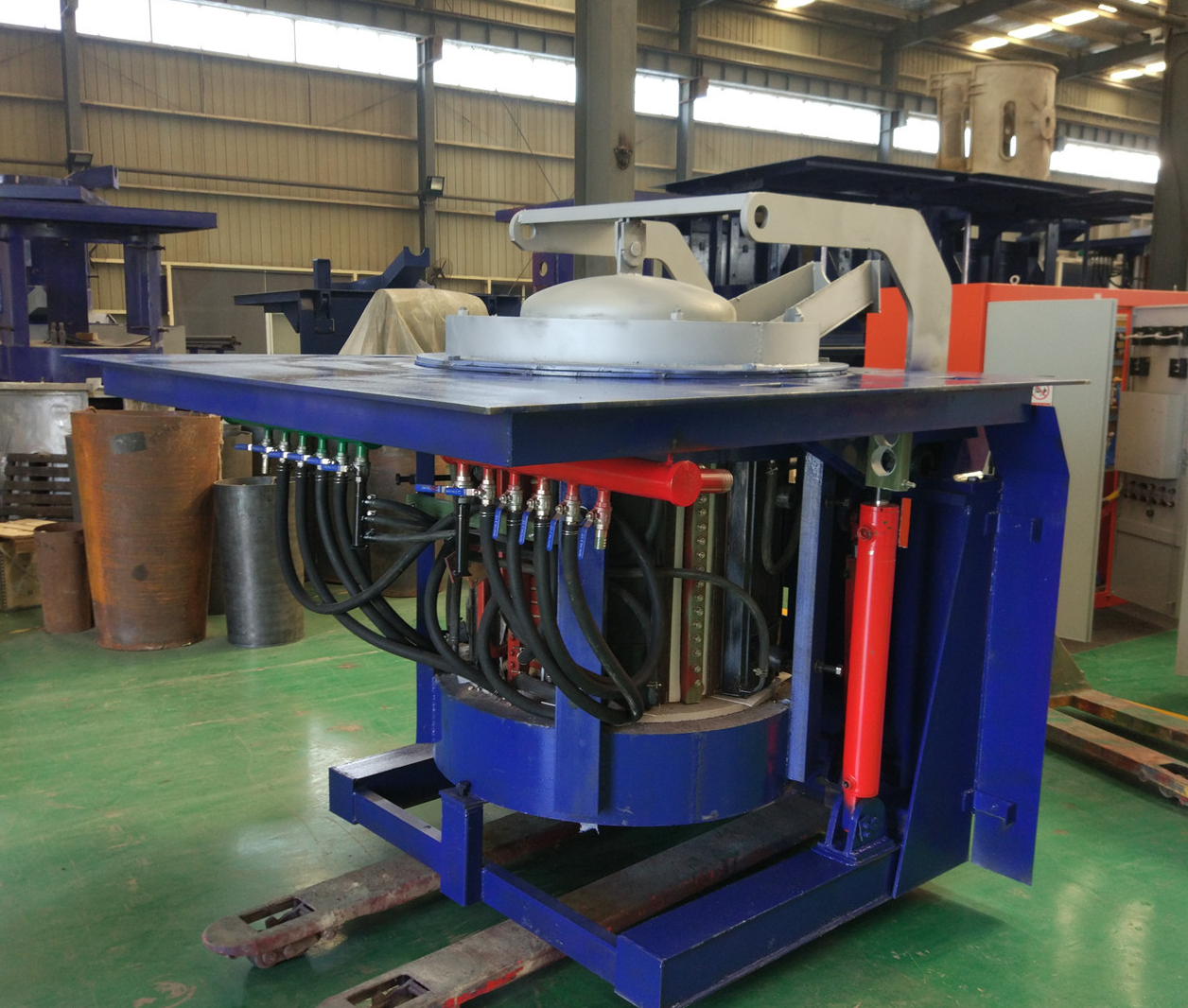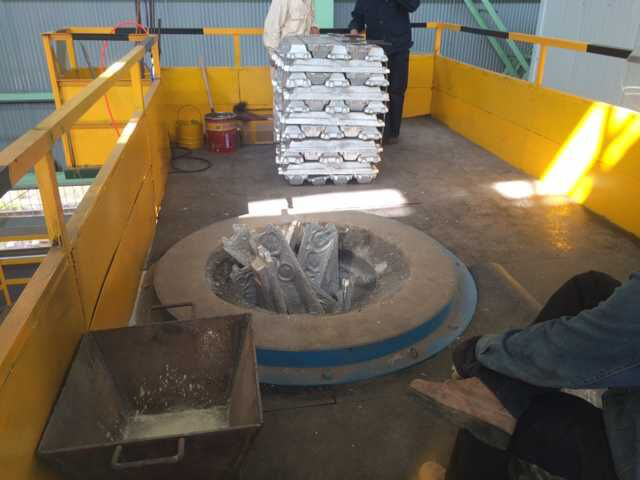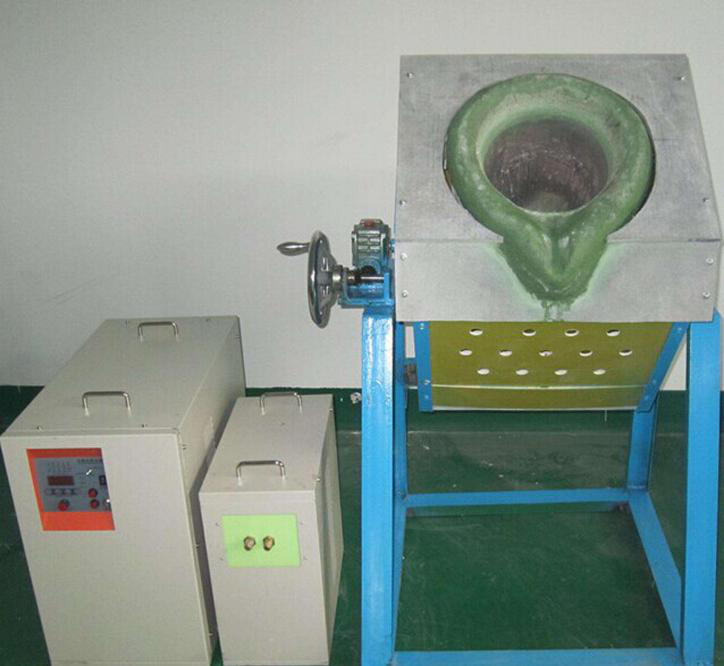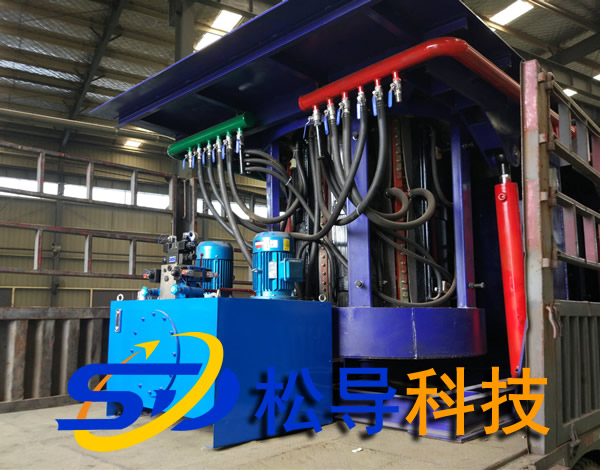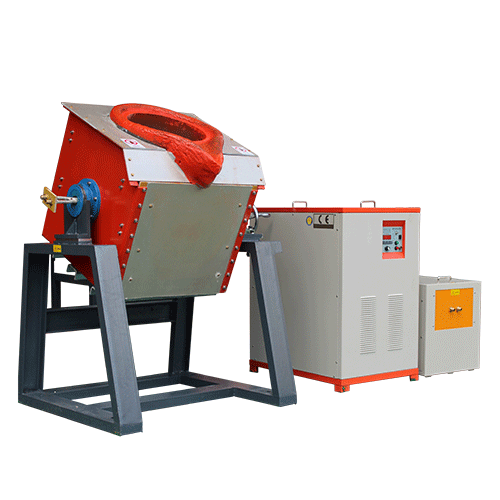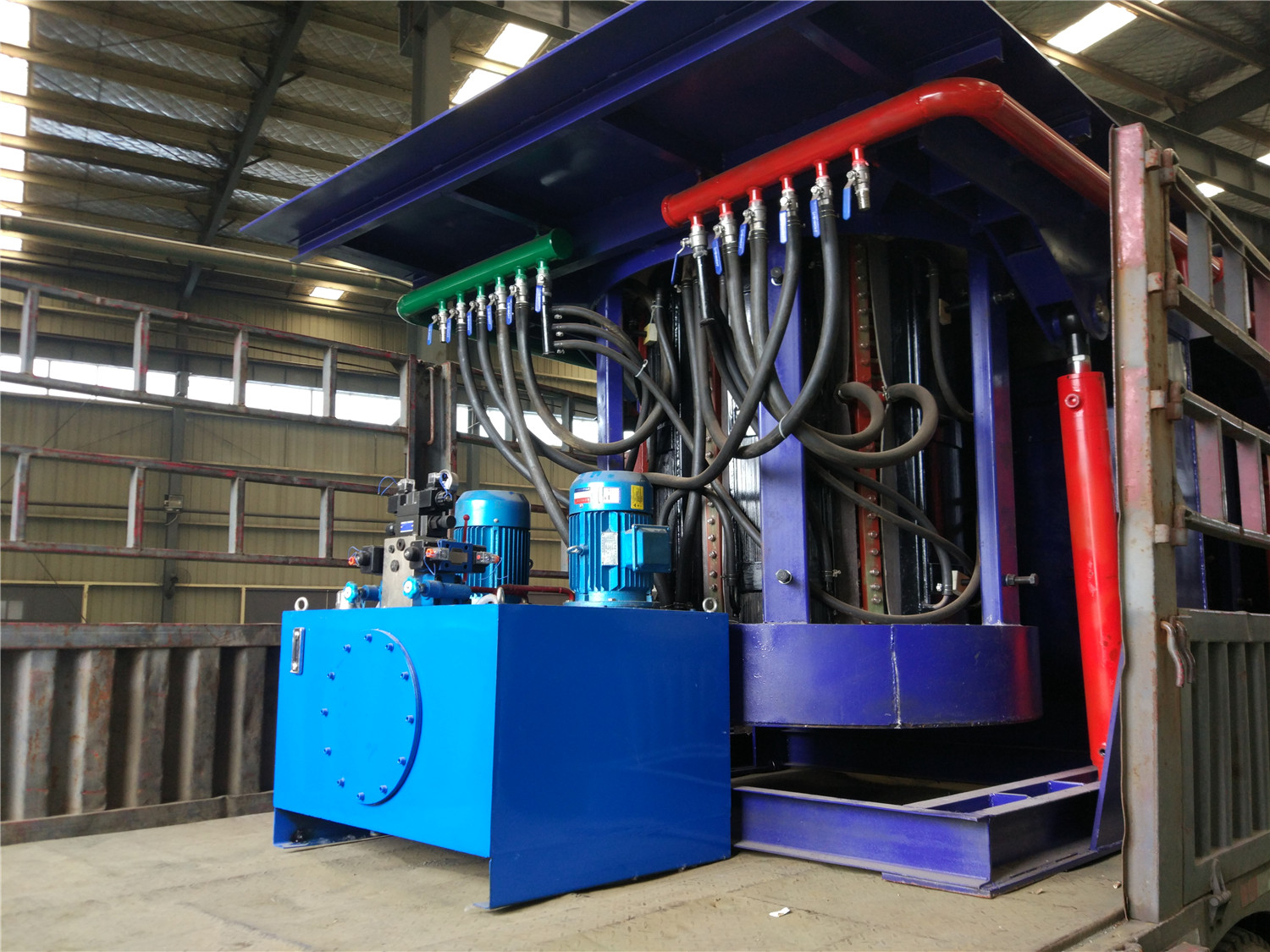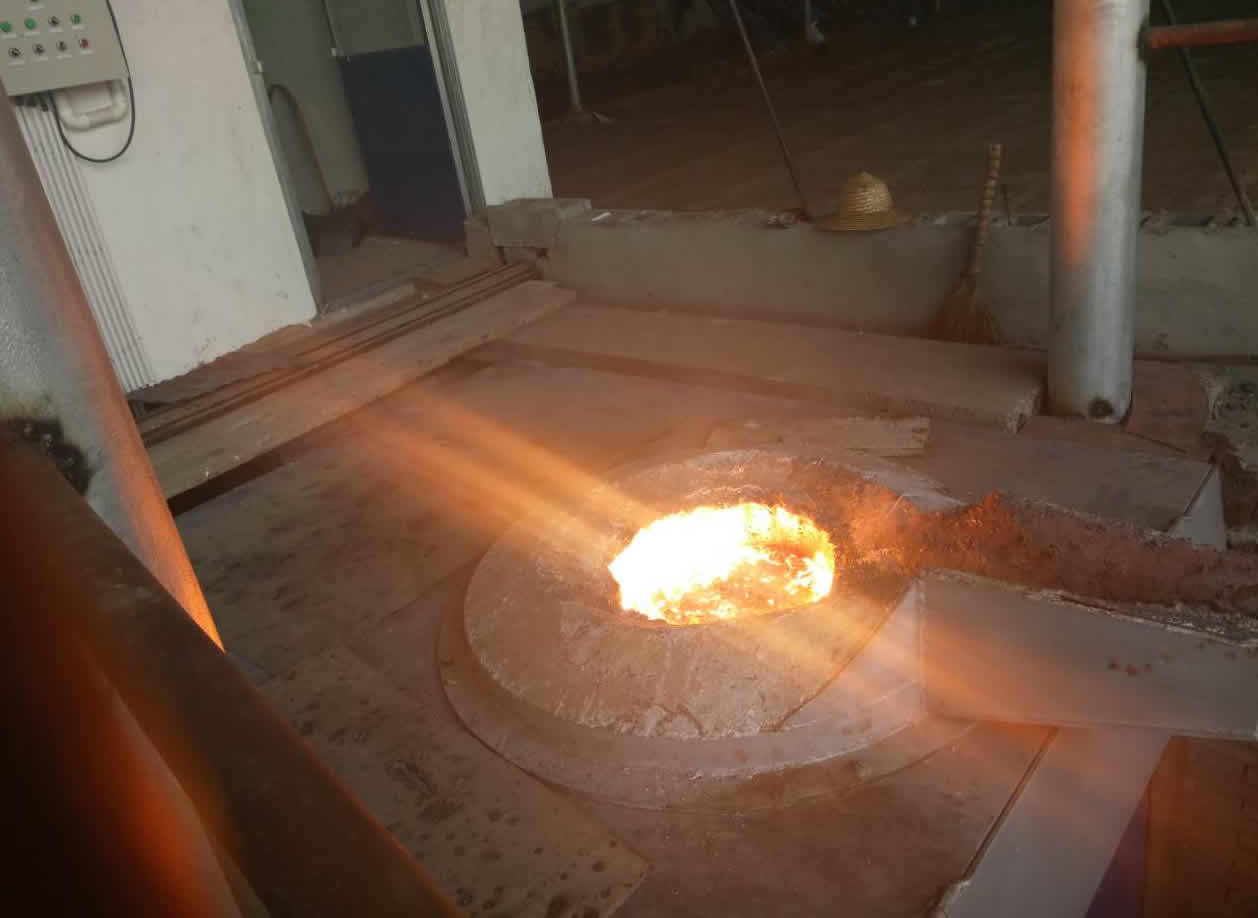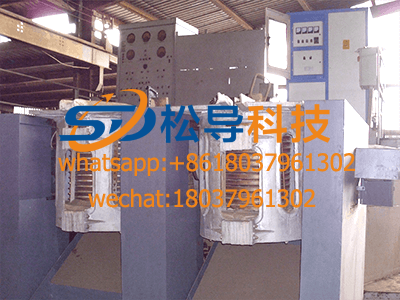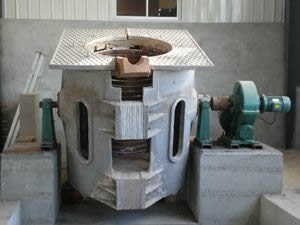What is the difference between an intermediate frequency melting furnace and an intermediate frequency furnace?
The intermediate frequency melting furnace is an ironmaking shaft furnace with a circular cross section. The steel plate is used as the furnace shell, and the refractory brick lining is built in the shell. The main frequency melting furnace body is divided into five parts : the throat, the furnace body, the furnace waist, the belly, and the hearth from top to bottom . The main product of the intermediate frequency melting furnace is pig iron.
The converter is a metallurgical furnace in which the furnace body is rotatable and used for blowing steel or blowing crucibles. The converter body is made of steel plate, which is cylindrical and lined with refractory material. It is heated by chemical reaction heat during blowing. It does not need external heating source. It is the most important steelmaking equipment, and can also be used for copper and nickel smelting.
The intermediate frequency electric furnace is a power supply device that converts the power frequency 50HZ alternating current into the intermediate frequency ( 300HZ to 20K HZ ), converts the three-phase power frequency alternating current into a direct current, and then converts the direct current into an adjustable intermediate frequency current. The intermediate frequency alternating current flowing through the capacitor and the induction coil generates high-density magnetic lines of force in the induction coil, and cuts the metal material contained in the induction coil to generate a large eddy current in the metal material. Medium frequency electric furnace is widely used in the smelting of non-ferrous metals [mainly used in the melting of ferrous materials such as molten steel, alloy steel, special steel, cast iron and non-ferrous materials such as stainless steel and zinc, and also for the melting of non-ferrous metals such as copper and aluminum. Heating, heat preservation, and double operation with the intermediate frequency melting furnace . ], forging heating [for bar, round steel, square steel, heat transfer of steel plate, temperature compensation, on-line heating of blue quenching, local heating, on-line forging of metal materials (such as gears, semi-axle links, bearings, etc.) Forging, extrusion, hot rolling, heating before shearing, spray heating, thermal assembly, and overall tempering, annealing, tempering of metal materials. 〕 Tempering heat treatment [mainly for shafts (straight shaft, variable diameter shaft, camshaft, crankshaft, gear shaft, etc.); gears; sleeves, rings, discs; machine tool screws; guide rails; plane; ball head; Such as the surface heat treatment of various mechanical (automobile, motorcycle) parts and the overall conditioning, annealing, tempering of metal materials.
Refining furnace is a metallurgical thermal processing equipment industry, ferrous metal used for steel deoxidation and one was subjected to a final alloying smelting apparatus in accordance with different smelting have different classification purposes, are common argon refining furnace, LF refining furnace.
http://www.firstfurnace.com/BdwlkjNews.asp?id=1513

